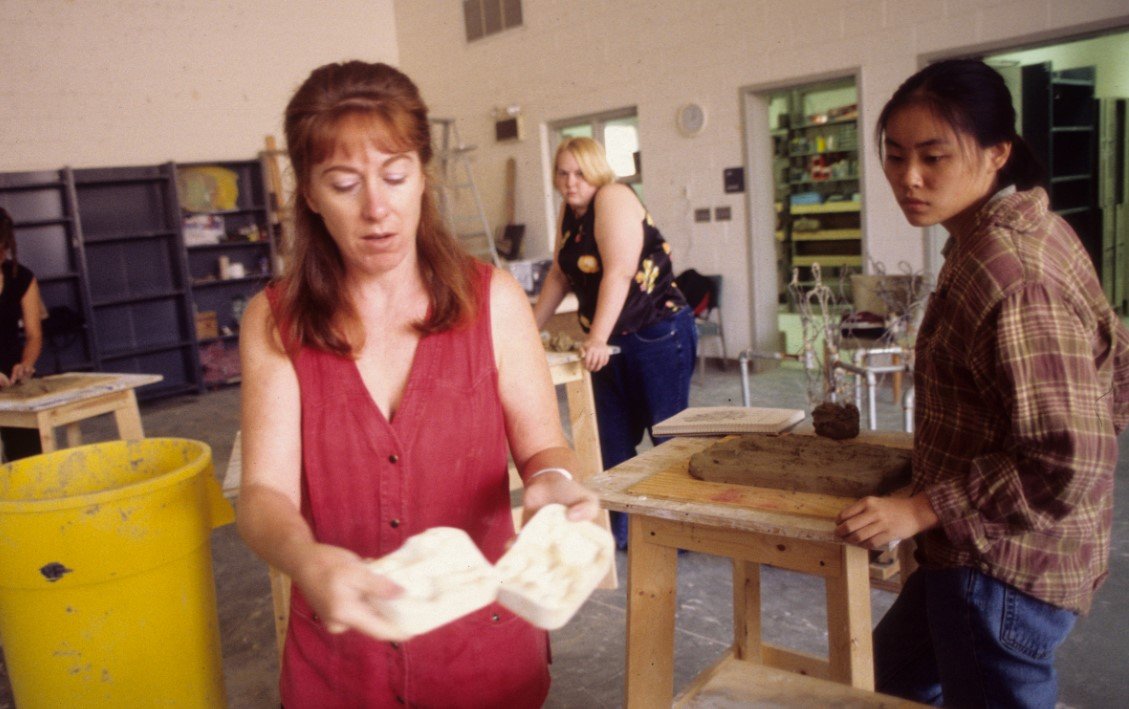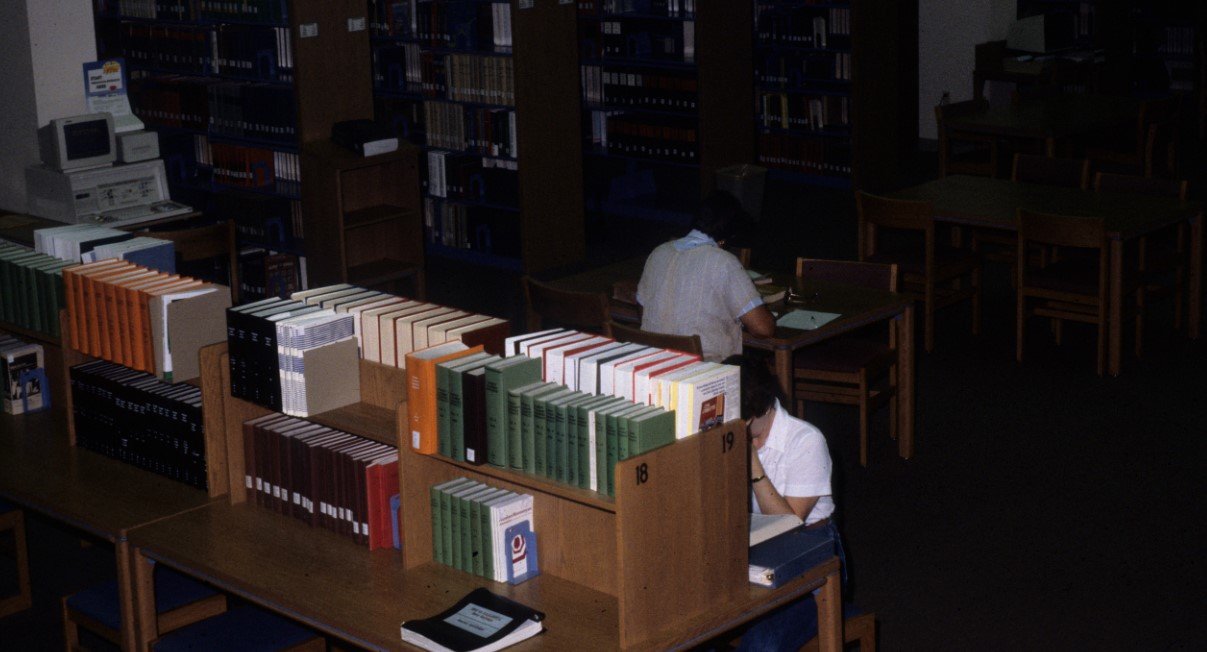
Blog

Education as Collaboration
Imagine an education where your ideas aren’t just evaluated but explored, debated, and pushed to their limits. Where learning isn’t something handed to you, but something you actively create alongside others.
That’s the philosophy of mutual engagement.
In much of the American education system, students occupy a passive role. They sit and listen as teachers deliver knowledge. They memorize information and recite it back on exams, all to earn the almighty grade that defines their performance. But does this passive approach foster deep, meaningful learning?…

Student Responsibility Redefines Education with the Freedom to Learn
What if education wasn’t something handed down to students, but something they actively built for themselves?
In learning environments that prioritize student responsibility, the answer is often transformational. Instead of a top-down system where knowledge flows in one direction, these models empower students to be the architects of their own academic journeys, fundamentally redefining both education and personal achievement.
Some institutions have embraced this philosophy at their core…

Rethinking Student Success: When Grades Get in the Way
Grades have been part of education for generations. But have they really helped us achieve what we’re aiming for? At most colleges and universities, grades are seen as essential indicators of performance, accountability, and fairness. Yet, in the day-to-day reality of education, they can often work against the very things we value most.
For many students, handing out grades doesn’t foster a love of learning. Instead, it teaches them to play the system. It’s smarter to stick to what feels safe than to stretch beyond their comfort zones…

Owning Your Education: The Power of Student Agency
Education isn’t just something you receive, it’s something you actively shape. In environments that prioritize student responsibility, learning becomes less about passive absorption and more about ownership, decision-making, and self-direction.
Some institutions have built their entire educational philosophy around this idea, rejecting the notion of students as passive consumers of knowledge. Instead, they challenge students to…

Is Education a Hierarchy—Or a Collaboration?
At its core, education is an exchange of ideas. But is the relationship between student and teacher strictly hierarchical, where knowledge flows in one direction and the teacher determines whether the student “gets it”? Or could it be something more collaborative? A shared journey where both student and professor challenge, refine, and expand their understanding together?
Some institutions have embraced this mutual engagement model, challenging the traditional teacher-as-authority dynamic…

The Magic of Mastery in Learning
What does it mean to truly master something?
Whether it’s learning an instrument, speaking a new language, or diving into astrophysics, mastery certainly involves building skills and acquiring knowledge. But the real magic of mastery is something more personal. It's about the journey.
Mastering anything involves dreaming big, taking risks, failing (sometimes repeatedly), and continuing to learn…

Grades vs. Growth? What Are We Really Measuring?
When was the last time you weren’t asked to rate something?
Whether it’s a five-star review of a restaurant or a ranking for a vacuum cleaner, grading has taken over how we evaluate the world. And yet, when it comes to education, grades—those cornerstones of classrooms everywhere—might not be giving us the clarity we think they do.
At best, grades are said to…

Five Disruptive Principles in the Liberal Arts
AltLiberalArts and the Novo Collegian Alliance proudly presents “Five Disruptive Principles in the Liberal Arts,” a dynamic live recording event exploring the essential values of an exceptional liberal arts education. Join us on April 1st, 2025 at the Manatee Performing Arts Center in Bradenton, FL for an engaging and thought-provoking evening featuring some of the most important voices in higher education today!